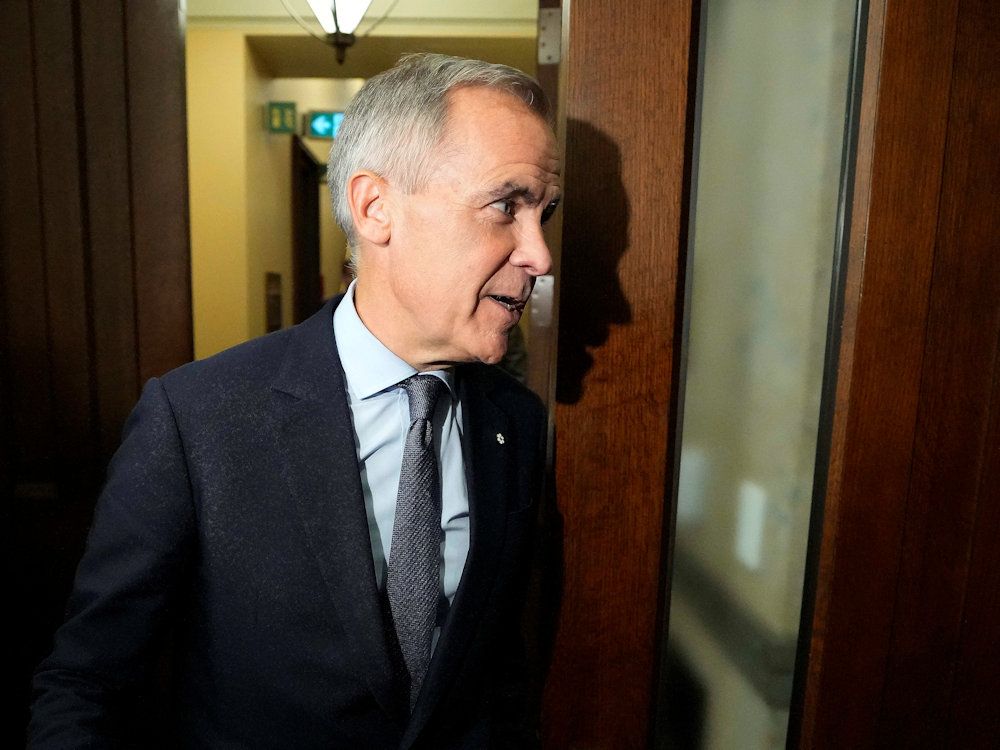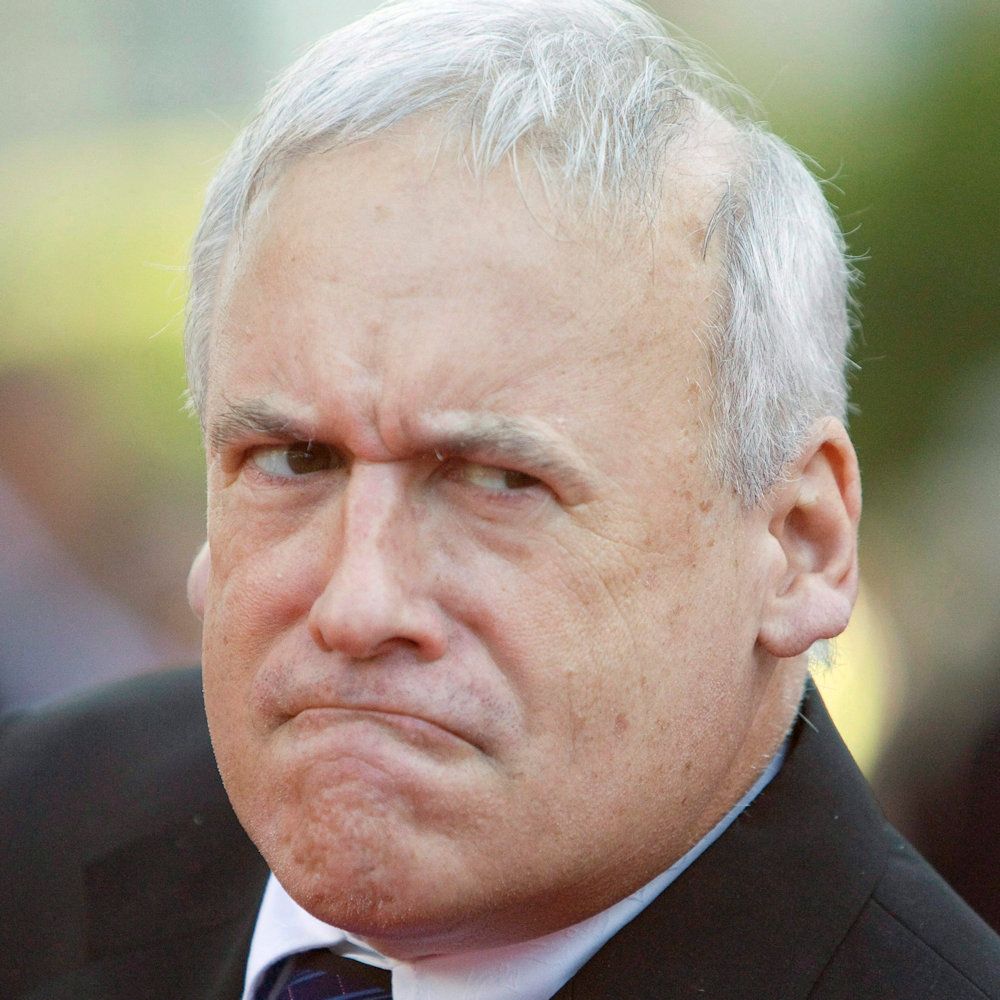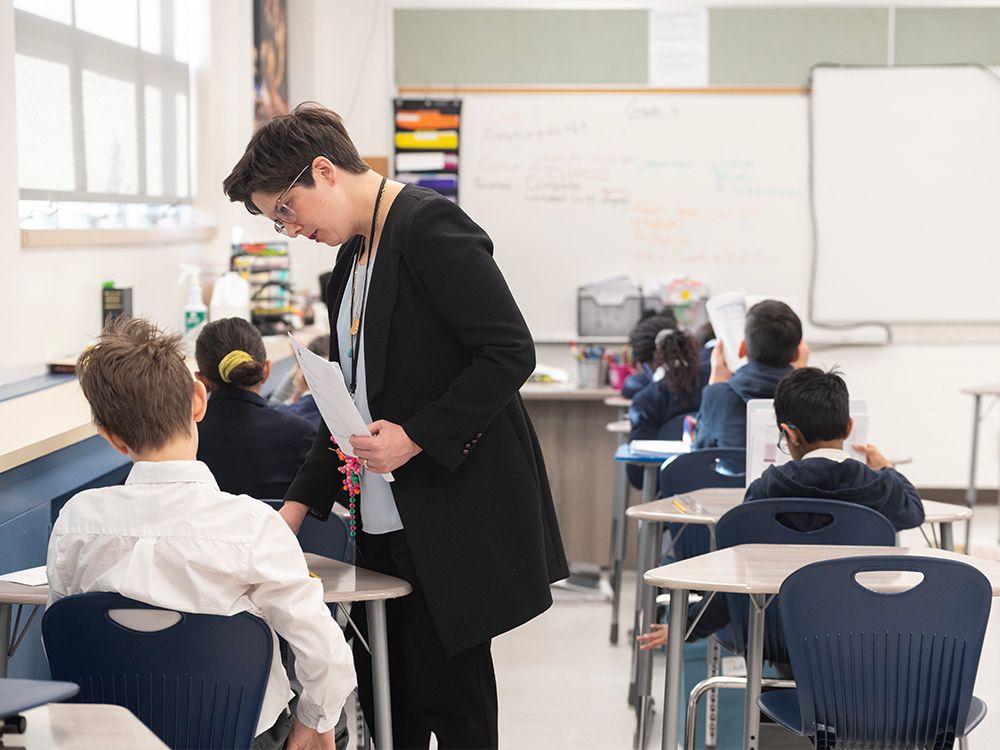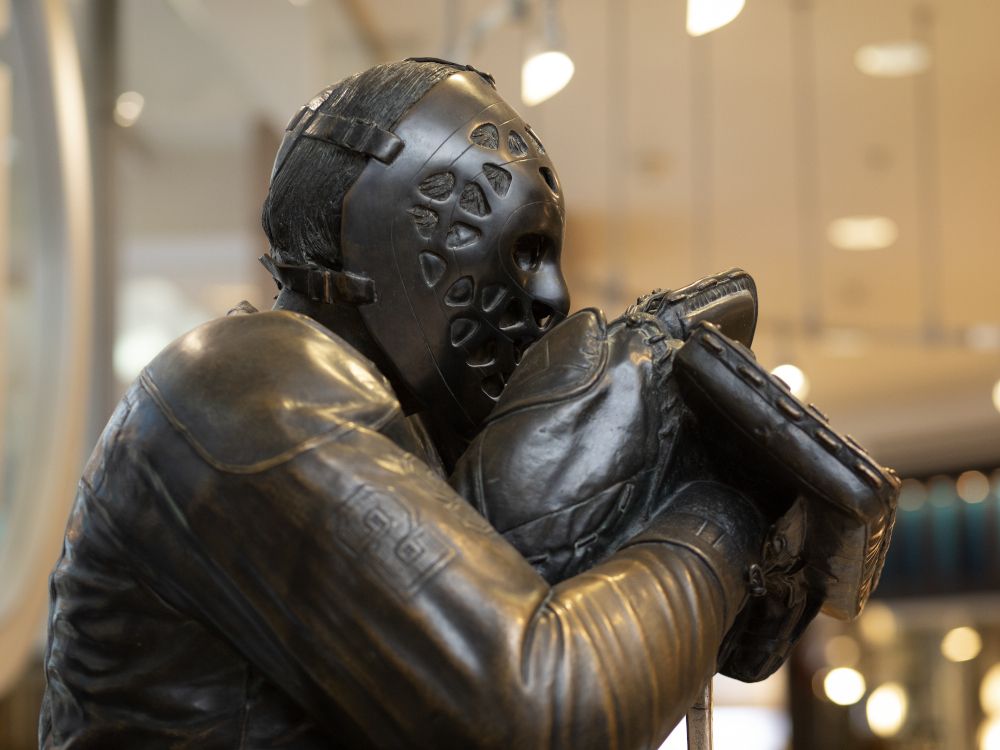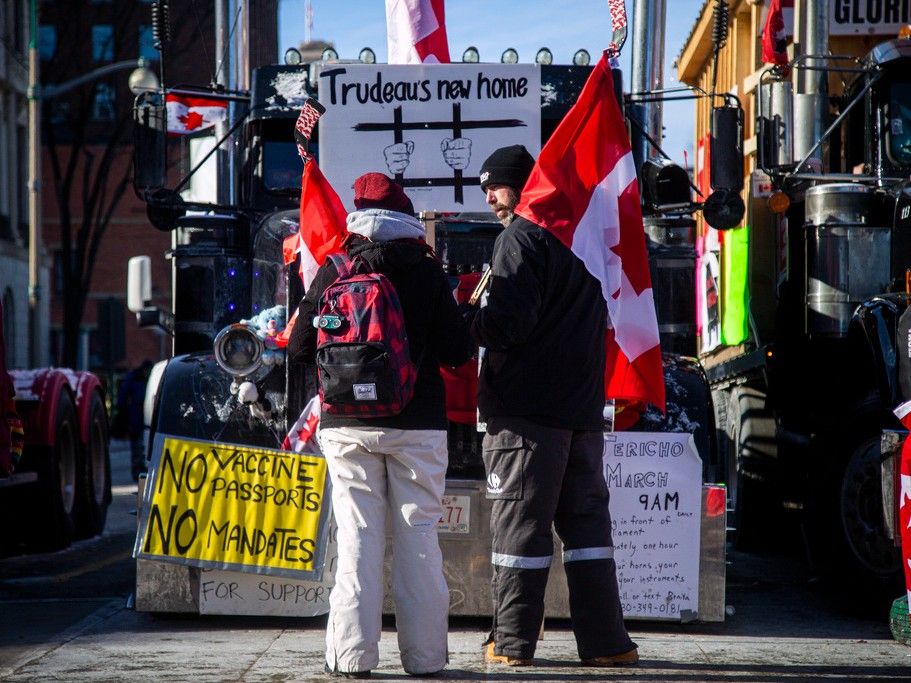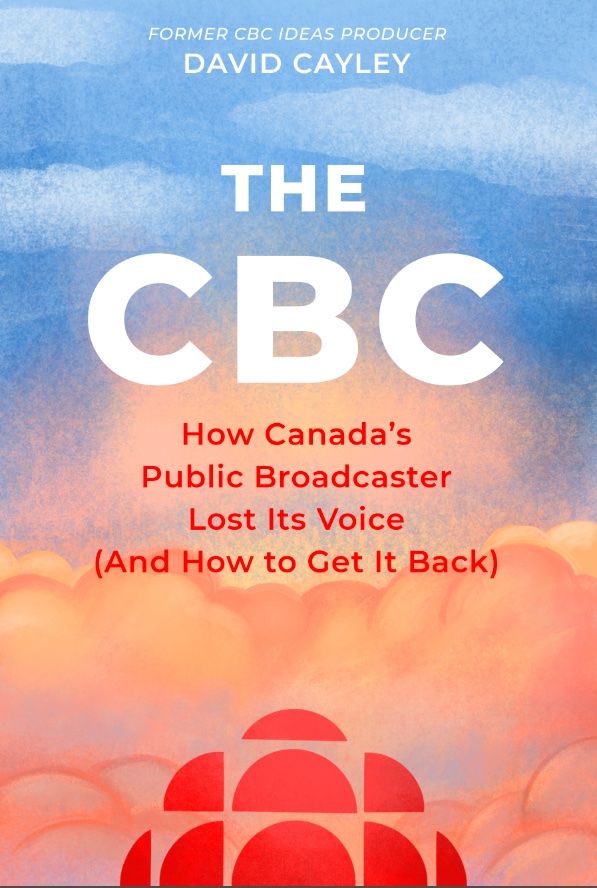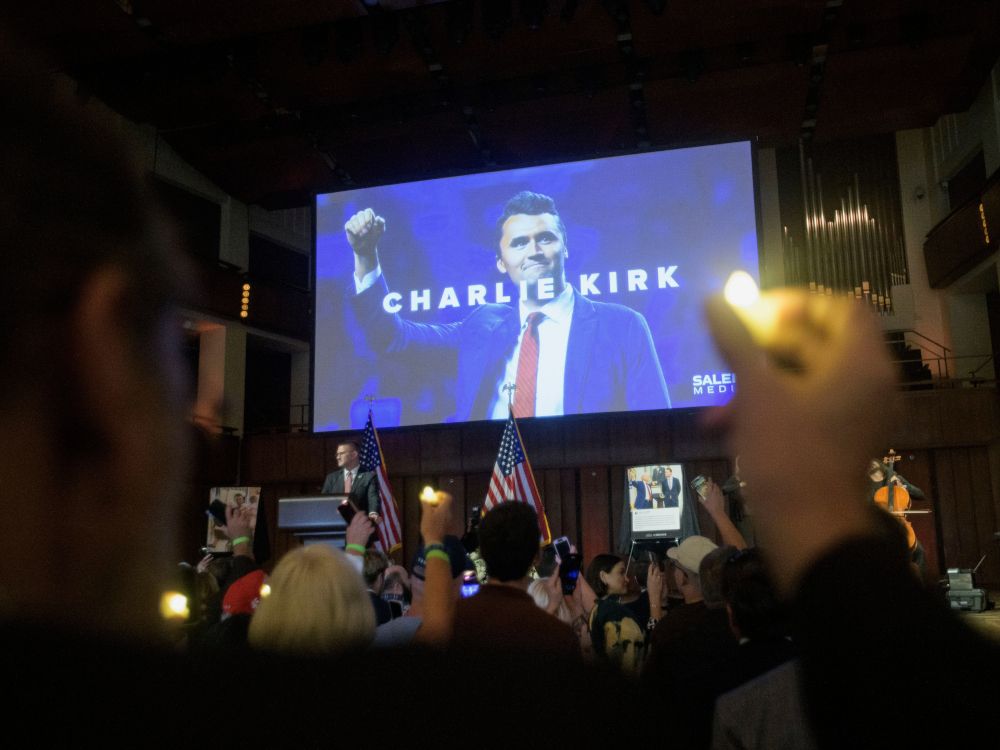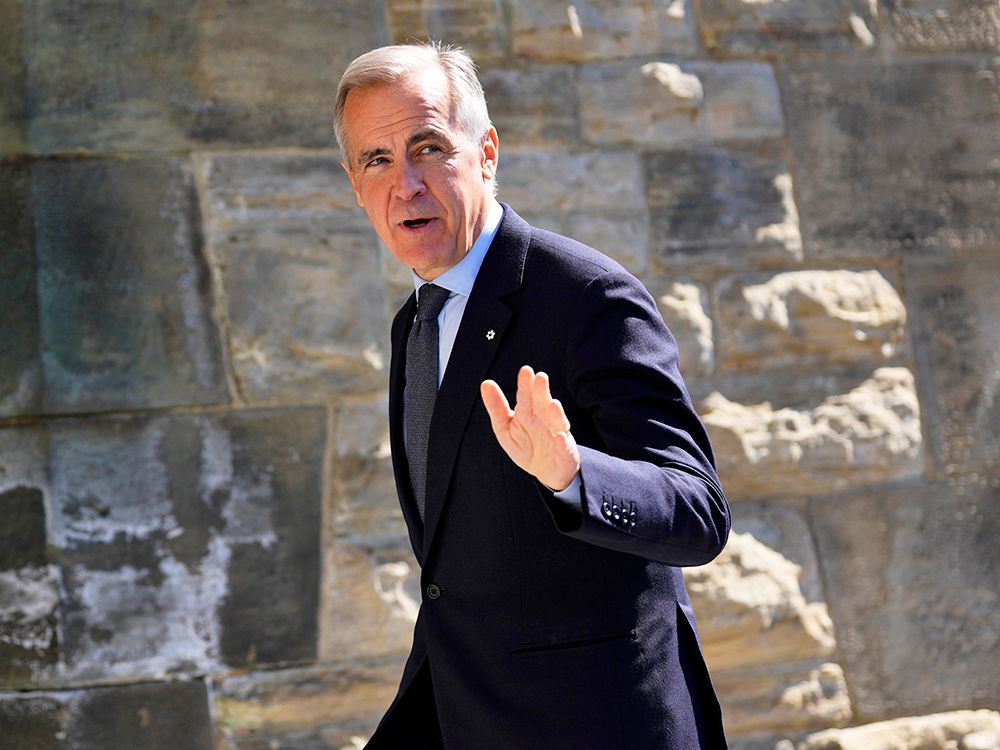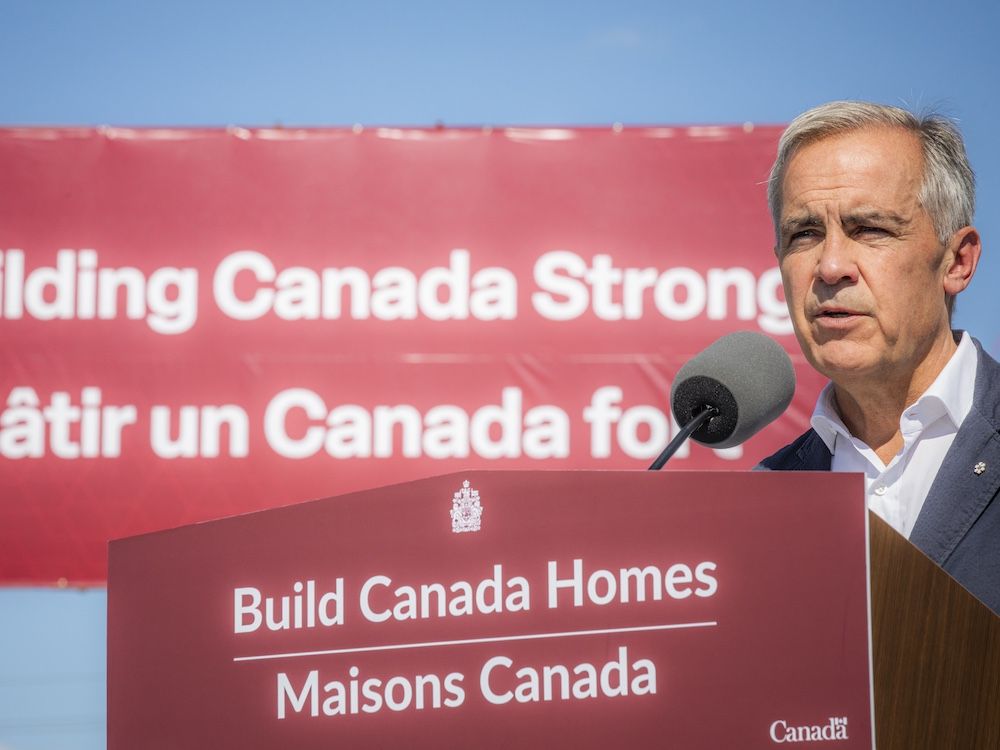
It’s official: Prime Minister Mark Carney and the Liberal government are in the housing business. Last week, Carney unveiled
, a $13 billion development scheme that will
the construction of 4,000 modular homes on six sites across the country starting next year, and “scale” up to 45,000. The agency
“fight homelessness by building transitional and supportive housing… build deeply affordable and community housing for low-income households, and partner with private market developers to build affordable homes for the Canadian middle class.”
Sounds grand. But its mandate is at odds with its method. And the same middle-class taxpayer that is supposed to benefit from this boondoggle will end up footing its deeply unaffordable bill.
The first goal of Build Canada Homes is to construct transitional and supportive housing. These aren’t “forever homes” but housing that gets people off the street or out of precarious situations.
Newsflash: in major metropolitan areas, such homes already exist. Both Toronto and Vancouver are seeing
. In Toronto, at publication, there are 3,279 listings going for $600,000 or less, with units
starting to sell in the $300,000
’s, prices not seen for decades. There are also 1,911
unsold new units in completed projects
and 11,073 unsold units currently under construction.
If the government wanted to house thousands of homeless people today, it could scoop up condos at bargain prices, hire the same
“mission driven organizations”
it mentions to help people settle, and mandate treatment programs for addiction and mental health issues as a quid pro quo. Instead, the government wants to start building modular housing in a year’s time, from scratch.
And it will face several hurdles. It will require new infrastructure, in the form of water mains, electrical connections, and roadways. It will require labour when Canada has a
shortage of construction workers
and will still be short over 100,000 in 2034. And based on previous government boondoggles
, it will come in over budget and favour friends of those in power.
Now, for the middle class. What is an affordable home? The issue isn’t the cost of housing, but its relation to wages. Across the country, real estate prices
than wages since 1981. That gap is narrowing, with average home
prices down four per cent in Toronto and Vancouver
year over year. But it’s still not enough to entice many middle-class buyers.
What should the government do instead of building? Again, support conversion of existing stock. Toronto’s problem, for example, isn’t that it doesn’t have housing, but that it has a “missing middle” of multi-unit housing. To change this, it recently gave permission for multiplexes, which are being unsurprisingly challenged by irate neighbours who don’t want ugly mega-buildings next door.
Rather than start NIMBY wars, why not incentivize homeowners to convert their existing properties into duplexes and triplexes? Older homeowners who want to remain in their home after the kids are gone, younger people who might want to buy with friends but each have their own space. Converting single family homes but retaining neighbourhood character would increase density in a liveable city.
But instead of working with what’s there, Carney wants to create “an entirely new Canadian housing industry.” Problem is, he won’t. He will create a subsidized housing industry, a model that is as old as the hills.
Perhaps Carney figures that without public money, private developers won’t build anything. The CMHC
that housing starts will fall to 220,000 units by 2027, a 20 per cent drop from 2021. Nine condo projects
this year in Toronto, on pace to meet last year’s total of 11. Building doesn’t pay, because there are no buyers.
Instead of working against the market, why not take advantage of it? Why not help people right now, today? Once existing stock is gone, demand will create an incentive to build again. And the government won’t have to spend public money to do it.
Postmedia News
Tasha Kheiriddin is Postmedia’s national politics columnist.






